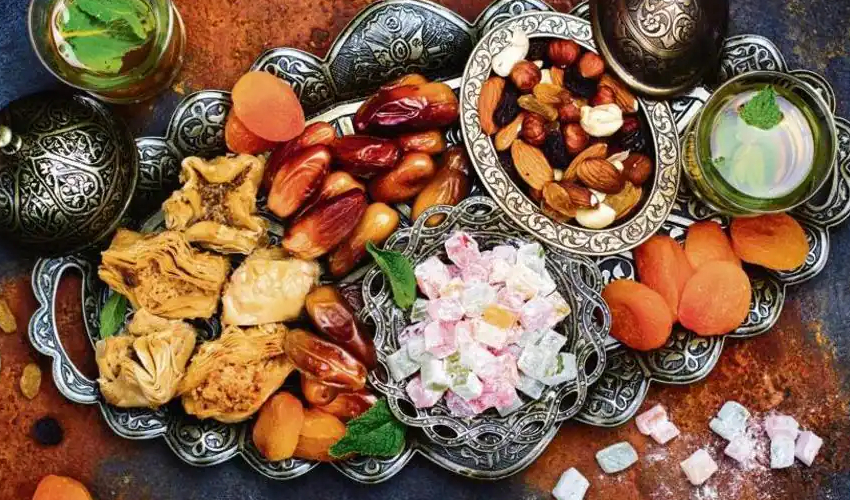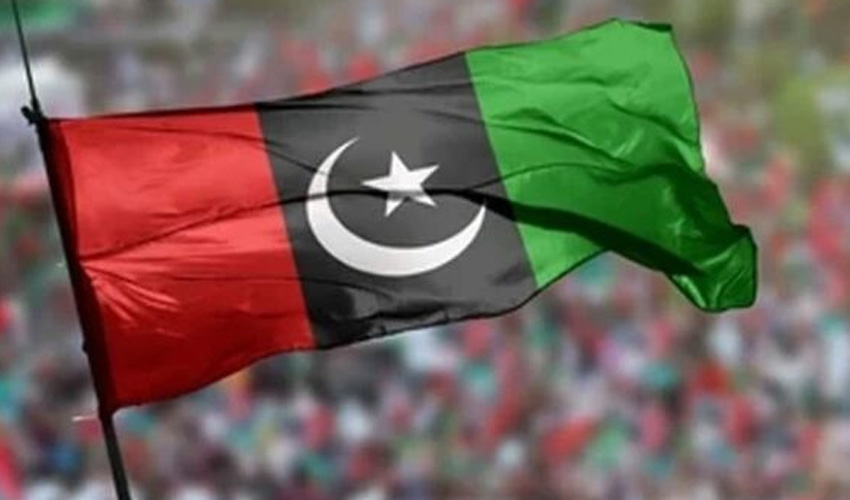The United Nations Educational, Scientific and Cultural Organization (UNESCO) has officially recognized the significance of iftar, the evening meal that marks the end of daily fasting during the holy month of Ramadan in the Muslim faith, as part of its Intangible Cultural Heritage list.
This recognition marks a significant achievement for the Muslim community which highlights the importance of iftar as a social and cultural practice that transcends borders and brings people together.
Joint effort for shared tradition
The application for iftar's inclusion on the list was submitted jointly by Iran, Türkiye, Azerbaijan, and Uzbekistan, demonstrating the shared significance of this tradition across different cultures.
Beyond a meal, a ritual
According to UNESCO, iftar is "observed by Muslims at sunset in the month of Ramadan, upon completion of all religious and ceremonial rites." It is not just a meal, but a ritual that marks the culmination of a day of fasting and prayer.
Strengthening bonds through food and fellowship
Following the sunset call to prayer, iftar brings families and communities together. It is a time for sharing food, stories, and laughter, fostering a sense of connection and belonging.
A culinary journey
While the tradition of iftar is universal, the specific dishes and pastries served vary greatly depending on the country and region. This culinary diversity reflects the rich cultural tapestry of the Muslim world.
Passing on torch
UNESCO highlights that the practice of iftar is traditionally transmitted within families, with children and youth playing an active role in preparing meals and learning the recipes that have been passed down through generations.
Recognition long overdue
The inclusion of iftar on UNESCO's Intangible Cultural Heritage list is a long-awaited recognition of its importance in Muslim communities around the world. It underscores the deep cultural and social significance of this age-old tradition.
Celebration of unity and diversity
Beyond its religious significance, iftar serves as a powerful symbol of unity and diversity. It brings people together from all walks of life, fostering understanding and respect for different cultures and traditions.
A global feast
As the world becomes increasingly interconnected, the recognition of iftar by UNESCO provides an opportunity to celebrate this unique cultural heritage and appreciate its universal appeal.



























